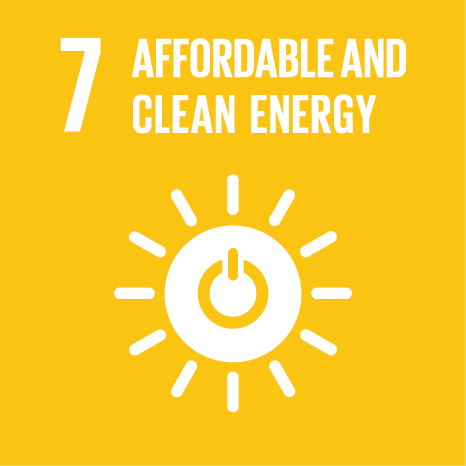Ciência_Iscte
Publications
Publication Detailed Description
“Life after coal”: renewable energy impacts on SME conduct
Journal Title
IEEE Transactions on Engineering Management
Year (definitive publication)
2023
Language
English
Country
United States of America
More Information
Web of Science®
Scopus
Google Scholar
This publication is not indexed in Overton
Abstract
In recent years, increasing resource consumption worldwide has alarmed experts. This problem contributes to the need for more ecological solutions and processes including the use of renewable energies, which reduces organizations’ environmental impact. To find ways to improve new green solutions and process integration, researchers need to study and measure these innovation effects, especially on small- and medium-sized enterprises (SMEs). However, evaluating renewable energy impacts on SMEs is not as easy as would first appear. This challenge can be addressed by developing an analysis model to mitigate the limitations of recent studies and, concurrently, deal with this complex subjective issue. In this article, the combined use of cognitive mapping and the decision-making trial and evaluation laboratory (DEMATEL) technique facilitated the generation of a complete, transparent, and informed model that can help managers make better decisions in this context. Specifically, grounded in intensive group work sessions with renewable energy specialists, the results address some of the limitations of more generic models and include a multicriteria analysis system that provides guidelines for renewable energy management practices, with the potential to improve SME performance. To enable a fuller interpretation of the decision problem in question, the most important indicators were identified and the cause-and-effect relationships between these criteria were analyzed. The findings were validated by the panel members and a member of the Portuguese Renewable Energy Association. The advantages and limitations of the proposed model are also discussed.
Acknowledgements
--
Keywords
Cause-and-effect dynamics,Cognitive mapping,DEcision-MAking Trial and Evaluation Laboratory (DEMATEL),Renewable energies,Small- and medium-sized enterprise (SME)
Fields of Science and Technology Classification
- Economics and Business - Social Sciences
Contributions to the Sustainable Development Goals of the United Nations
With the objective to increase the research activity directed towards the achievement of the United Nations 2030 Sustainable Development Goals, the possibility of associating scientific publications with the Sustainable Development Goals is now available in Ciência_Iscte. These are the Sustainable Development Goals identified by the author(s) for this publication. For more detailed information on the Sustainable Development Goals, click here.

 Português
Português



